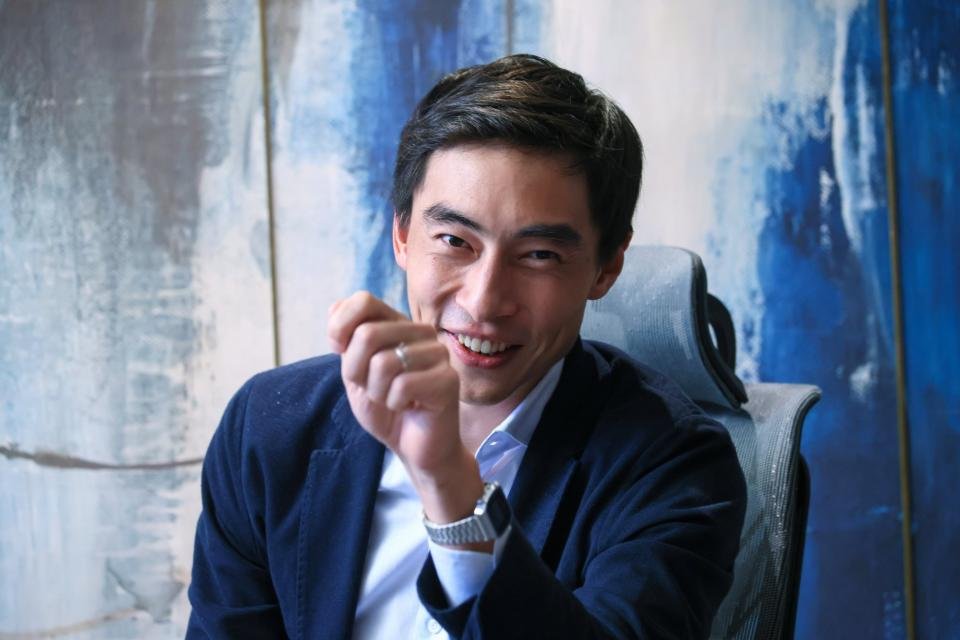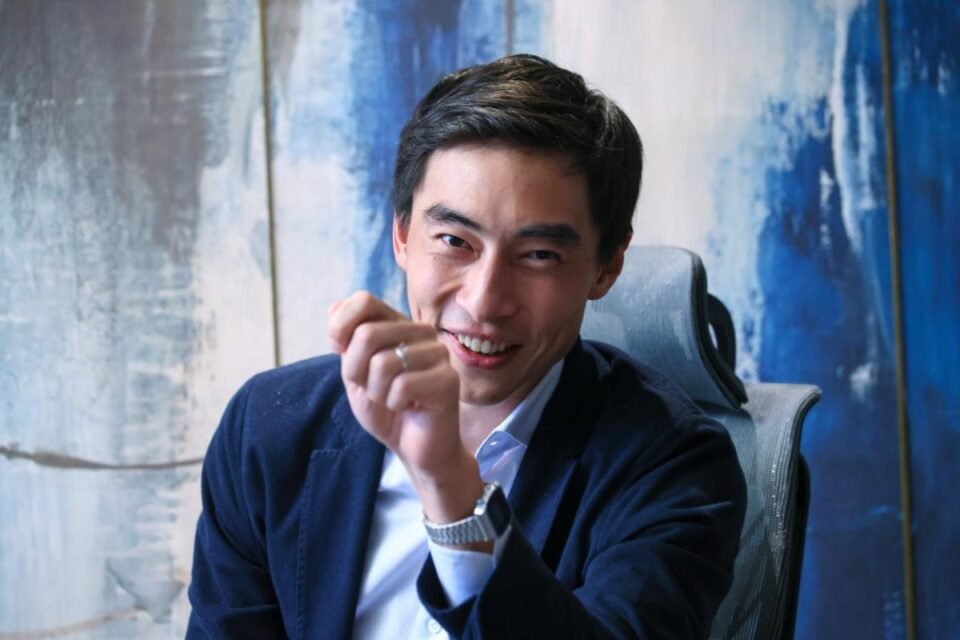Nearly 90 per cent of the high-net-worth investors in Hong Kong intend to increase allocations to alternative assets in pursuit of greater diversification and returns, according to a survey by Endowus.
Investors have “reestablished” their view that bonds are an important component in diversified or income-generating portfolios after the US Federal Reserve raised interest rates 11 times from 2022 to 2023, the digital wealth adviser said in its inaugural Private Wealth Insights report published on Wednesday.
“The propensity to look at alternatives, specifically private markets and hedge funds, is very, very high,” Gregory Van, CEO of Endowus, said in an interview. “Investors want to increase exposure to different sources of returns. There is a huge universe of companies out there that are only accessible in private markets.”
Do you have questions about the biggest topics and trends from around the world? Get the answers with SCMP Knowledge, our new platform of curated content with explainers, FAQs, analyses and infographics brought to you by our award-winning team.
In the survey of 492 wealthy investors roughly split between Hong Kong and Singapore, 87 per cent of Hong Kong respondents intend to increase their allocation to alternative asset classes, including private equity, private debt, hedge funds, private real estate and infrastructure. That compares with 58 per cent in Singapore.
Investors who intend to increase their allocations in public markets such as bonds and equities accounted for 30 per cent and 42 per cent of the respondents in Hong Kong and Singapore, respectively.
This increasing emphasis on private markets is driven by Hong Kong wealthy investors’ top financial concern: the need for greater diversification of their investment portfolios.
“For a long time, Hong Kong investors have benefited from concentration,” said Van, pointing to real estate, the Hong Kong stock market and China investments. But this “has not worked out well” in the past few years, he said.
Hong Kong’s stock market has shrunk more than 31 per cent to US$5.3 trillion over the past three years, hurt by the Covid-19 pandemic, geopolitical tensions, higher interest rates and China’s economic wobbles.
Van added that investors can diversify the traditional 60/40 equity/bond portfolio to stabilise their expected return while reducing volatility. Correlations between stocks and bonds rose to 0.64 in December 2023 from negative 0.24 in the era of zero-interest-rate policy through February 2022, according to Morningstar. In 2022, with broad stock market benchmarks down 19 per cent for the year and bonds down 13 per cent, the 60/40 mix suffered its worst performance since the global financial crisis in 2008, it said.
“Diversification is crucial in today’s ‘post-pandemic new normal’, which is marked by disinflation, geopolitical instability, technological disruption, climate change and supply-chain transformations,” said William Chow, deputy group CEO of Raffles Family Office.


Gregory Van, CEO of Endowus, pictured at Konnect in Wan Chai, Hong Kong on November 15, 2022. Photo: Dickson Lee alt=Gregory Van, CEO of Endowus, pictured at Konnect in Wan Chai, Hong Kong on November 15, 2022. Photo: Dickson Lee>
Spreading investments across various asset classes can “help balance risks, optimise returns, build resilience and manage volatility”, he added. For example, Raffles strategically allocates up to 10 per cent of its discretionary portfolios towards private credit investments. It is also eyeing private-equity opportunities in sectors like artificial intelligence, semiconductors, renewable energy, education and healthcare.
The survey found that when investing in private markets and hedge funds, Hongkongers are most concerned with lock-up periods and restricted access.
“While these strategies offer the potential for higher returns and diversification, it is crucial to recognise the risk,” Chow said.
Private market assets are often illiquid and carry longer lock-up periods than public market assets. A lock-up period is a defined time during which investors are prohibited from redeeming or selling shares of a specific investment.
Thus, an “evergreen structure” in funds has become popular, especially among wealthy individuals who pay close attention to liquidity, according to Van. Such funds, also called semi-liquid or open-ended funds, are fully called and deployed on day one, and they offer periodic tender offers.
While using both closed- and open-ended funds to cater to the varying preferences of families, “the majority express a preference for semi-liquid open-ended private credit funds, which provide more liquidity and flexibility for investors to enter and exit”, said Chow.
In other survey findings, 57 per cent of wealthy Hong Kong investors prefer using digital platforms to access private markets and hedge funds, while 28 per cent opt for relationship managers in private or priority banking.
The digital preference is stronger than might be expected across age groups, with 40 per cent of the 45- to 54-year-old group opting for digital platforms.
“We have started leveraging digital investment platforms to streamline processes, improve efficiency, and access a broader range of investment opportunities,” said Derek Cheung, chief marketing officer at Topaz Family Office. However, personal relationships and relationship managers’ expertise may yield “exclusive investment opportunities” and “tailored advice”, he added.
Respondents to the Endowus survey had personal investible assets of at least HK$12 million (US$1.5 million), financial assets of HK$6 million or more, or annual income of at least HK$1.8 million.
This article originally appeared in the South China Morning Post (SCMP), the most authoritative voice reporting on China and Asia for more than a century. For more SCMP stories, please explore the SCMP app or visit the SCMP’s Facebook and Twitter pages. Copyright © 2024 South China Morning Post Publishers Ltd. All rights reserved.
Copyright (c) 2024. South China Morning Post Publishers Ltd. All rights reserved.

